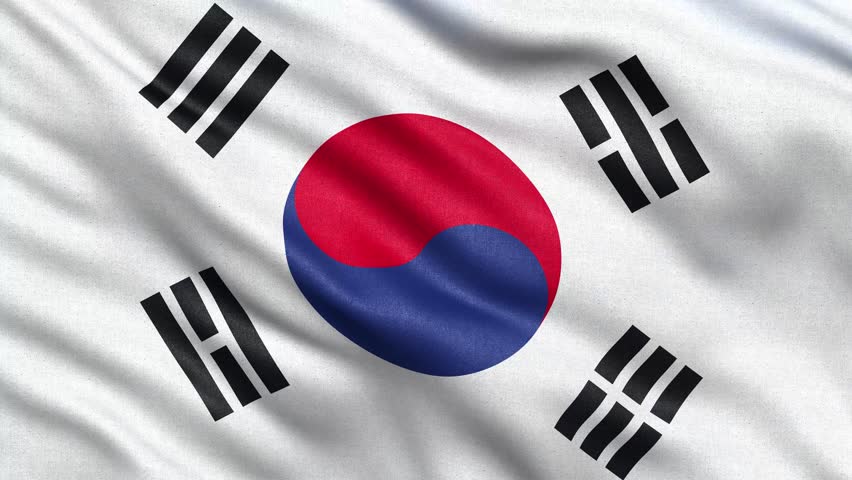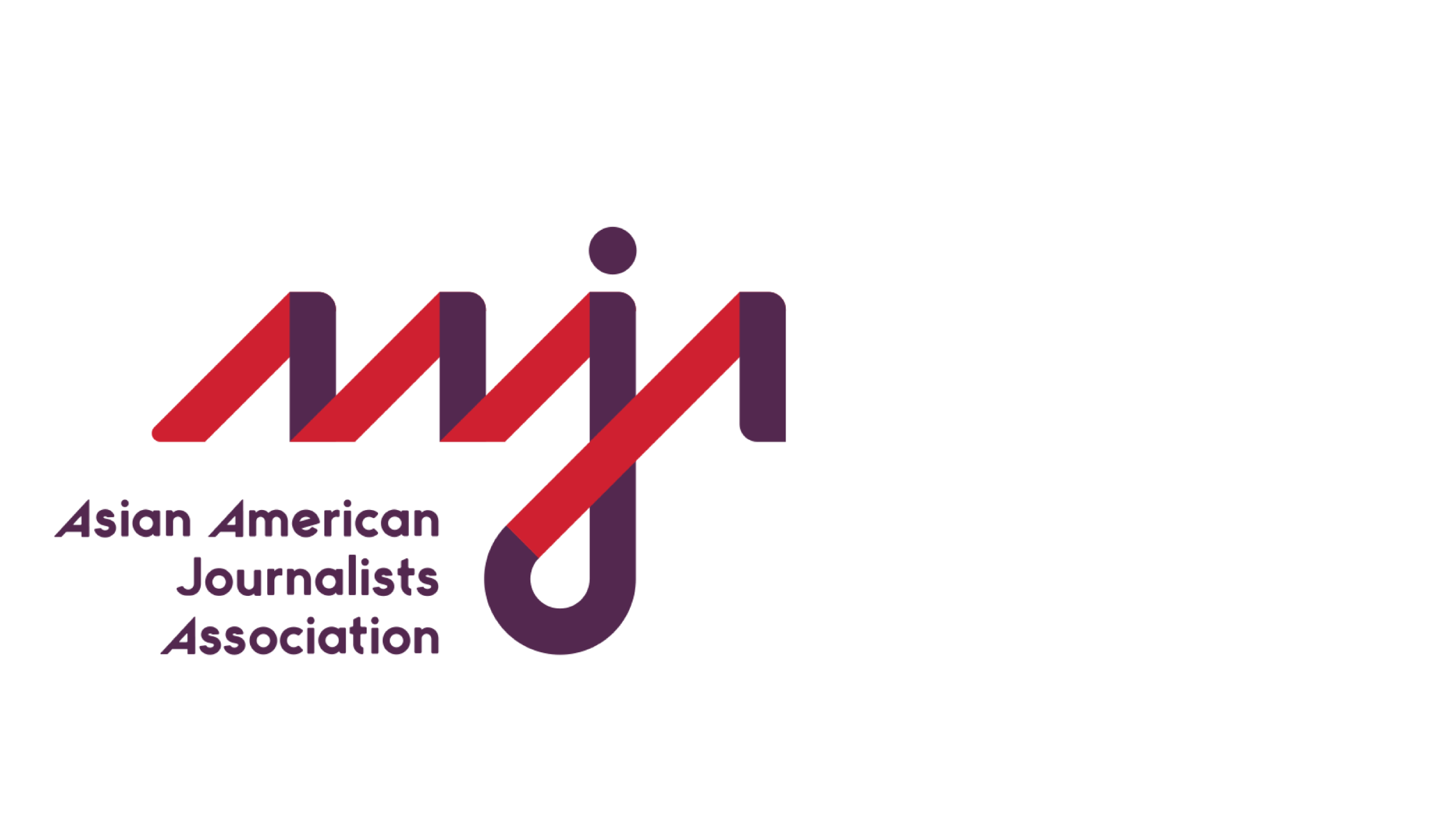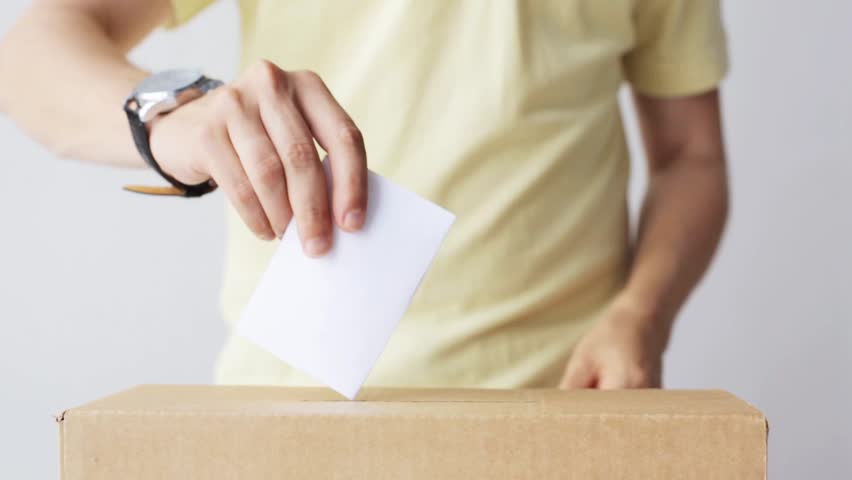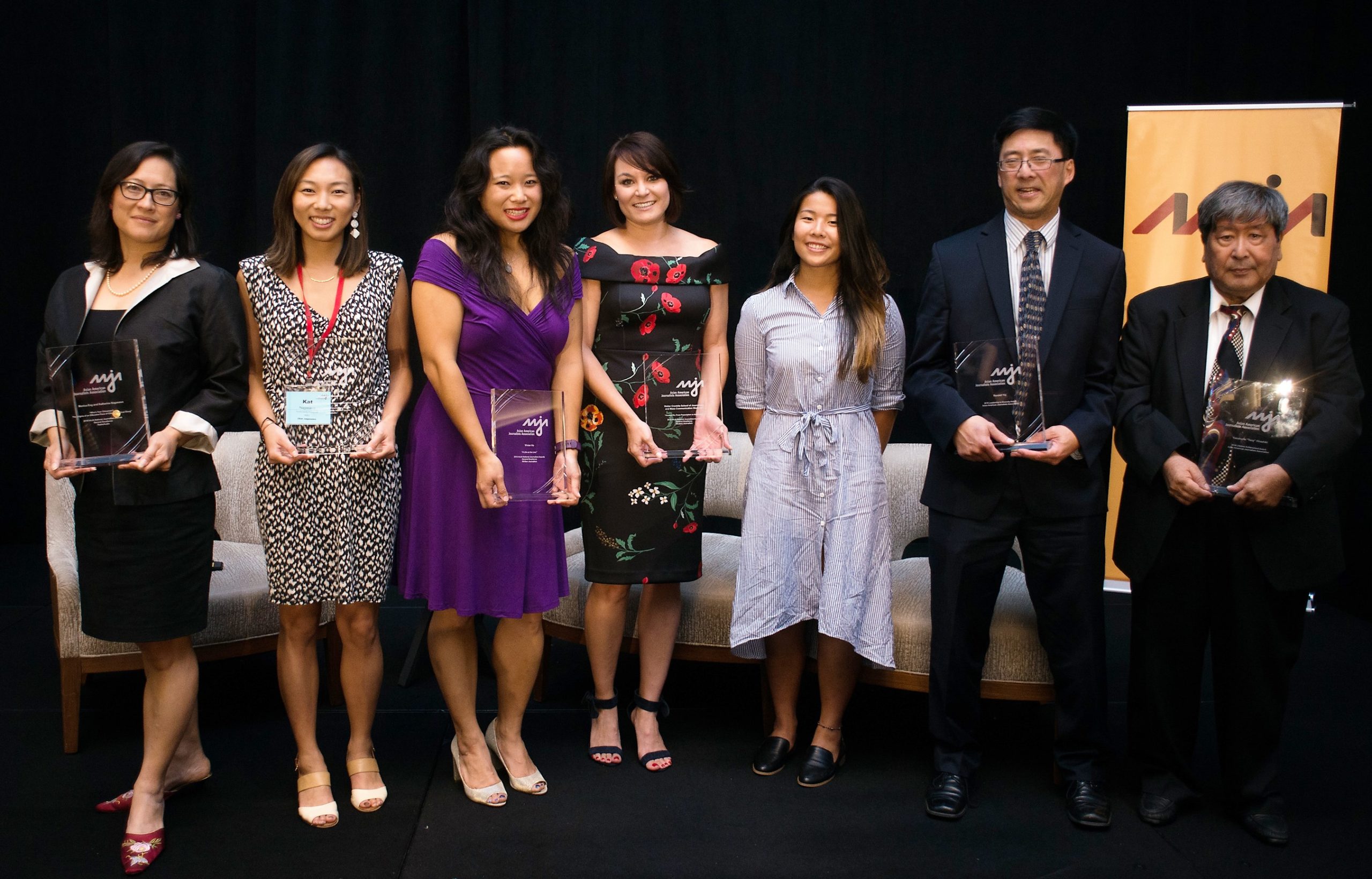Updated: April 9, 2019
In response to a question by AAJA National President Michelle Ye Hee Lee on a recent reporting trip to South Korea about the treatment of a South Korean journalist, South Korean National Assembly Speaker Moon Hee-Sang stated that the treatment was “wrong.” Mr. Moon mentioned that the journalist had written about him previously, and that he had not disagreed with or confronted her about it. He stated that a free press “is the foundation of democracy,” and that the reporter was simply doing her job.
Michelle was reporting from South Korea as a part of the Atlantic Council Korea Journalist Fellowship Program, sponsored by the Atlantic Council, a nonpartisan think tank in Washington, D.C., in partnership with the Korea Foundation.
For Mr. Moon’s entire response, please read here.
Updated: March 21, 12:45pm PT
After the statements released by AAJA, AAJA-Asia and the Seoul Foreign Correspondents’ Club (SFCC) raising concerns about the treatment of the Seoul-based reporter, the South Korean ruling party walked back its previous attacks and apologized to members of the foreign press “if it caused misunderstanding.” After days of silence, the South Korean presidential Blue House issued a statement denouncing the attacks on the press.
“We cannot accept any circumstances where a reporter’s personal safety is threatened, and we believe this should never happen in any situation,” the statement read. “If a reporter is under real threat, we regard it very seriously and will take an appropriate countermeasure.”
South Korean newspapers, television stations and wire services drew attention to the statements released by AAJA, AAJA-Asia and the SFCC.
Original: March 18, 6:00pm PT
The Asian American Journalists Association (AAJA) joins its members across Asia and elsewhere to express deep concerns about the treatment of a South Korean journalist whose safety is under threat simply for doing her job. That she is being targeted by members of the South Korean government is also troubling.
Threatening or intimidating journalists is unacceptable. Such activities have a chilling effect and undermine the freedom of the press for all journalists working in Korea.
We believe in a strong and vigorous free press, not only in the United States but around the globe. AAJA is committed to diversity and inclusion in the news industry, including the crucial role of local journalists reporting for foreign outlets, and supports members in Asia who are contributing in that capacity.
Journalists around the world should be able to work without fear of physical threat, especially in a country like South Korea that espouses democratic values and understands deeply the value of a free press.
– AAJA Governing Board
For more, please read AAJA-Asia’s statement.





Published by